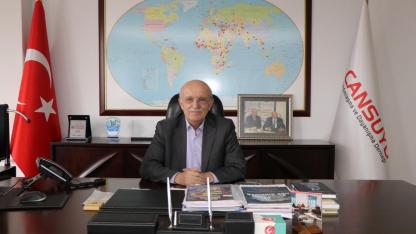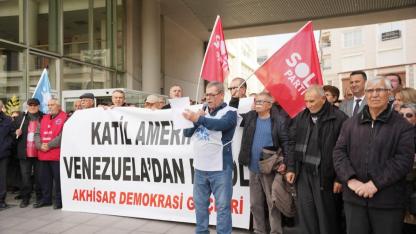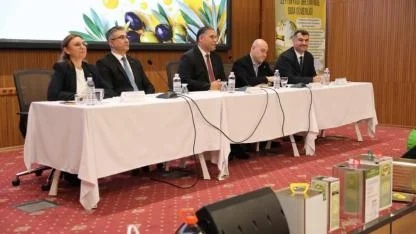At the December 2020 meeting, the European Central Bank increased the total amount of bond purchases by extending the Pandemic Emergency Purchase Program (PEPP) and extended the cheap and long-term financing opportunities provided to banks through TLTROs. The increase in Covid-19 measures and ongoing quarantines continue to pose downside risks in terms of the potential consequences in the economy. Fear is that for most of the 1Q21 period, containment measures will be at or tighter than the current level. Under the bad situation scenario, the tendency of the bank to keep its asset purchases at the minimum current level will continue, but no action is expected at this meeting.
In terms of ECB, the increasing output gap, negative inflation and appreciating exchange rate stand out as the main problems as they enter 2021. The ECB, which provided additional stimulus measures in December, reiterated its easing trend and made it clear that the policy will remain in line with inflation, where it is unlikely to be close to the "below 2% but close" target for a while. Indeed, flash December data showed negative inflation for the fifth consecutive month and remained unchanged at -0.3% for the fourth consecutive month. The economy is operating well below its capacity due to the pandemic, and deflationary pressures persist when some temporary price pressures are excluded. On the other hand, with the extension of the measures put into effect to prevent the spread of Covid-19, the impact size will increase and the activity restricted in the service sector will indicate an economic recession. In some countries, the emergence of a more infectious mutant version of the virus makes it difficult.
At the December meeting, the 2021 growth expectation was reduced from 5% to 3.9%. The current economic outlook shows that the risks to this growth rate are downside. The medium-term outlook is a little more positive. The base scenario here will be that the measures in 1Q21 will not extend to the next periods, will not tighten and vaccines will facilitate the gradual opening of the economy.
Another factor that may have a restrictive effect in terms of reduced economic activity is the appreciation of the EUR exchange rate. Its effect is deflationary in terms of lowering the prices of raw materials, and it will lower growth as it also reduces the ability to export. Lagarde stated that they are not targeting an exchange rate, but are following the EUR rate closely. The increase of the EUR to undesirable levels will bring additional asset purchases to the table in terms of ECB.
.Tera Yatırım
Hibya Haber Ajansı










Yorumlar
Kalan Karakter: